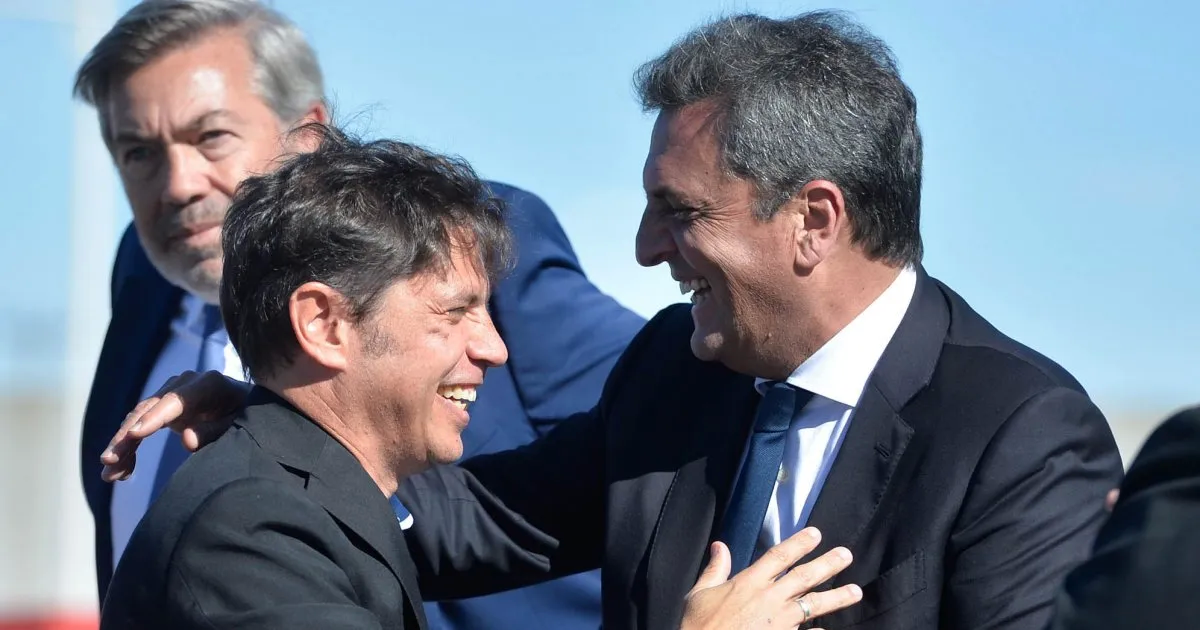-No problem. We have been lucky. It could be worst. You could have hit a pedestrian or a cyclist. You could have hit another car. Lucky you only crashed into a palm tree.
The blue truck was damaged in the front part of the pilot: broken headlights, dented aluminum grill, loose cables, loose parts. It was a minor accident, not a serious collision, the first crash in the six years that Silvia had used that truck. The Barclays hesitated whether to take the truck to a nearby shop or send it to the store where they bought it. Not austerity prevailed, but comfort. If they sent it to the dealership where they had purchased it, an attentive employee would come pick it up and drive it to the north of the city. On the other hand, if they chose to leave it at the nearby workshop, they had to carry it themselves, and driving it after the accident seemed risky, since the vehicle could turn off halfway.
So, on the eve of his trip, Barclays wrote an email to the auto shop, asking them to pick up the truck as soon as possible and repair it without delay. The next day, an employee of that dealership arrived in a taxi and took the truck away. No tow truck was needed, which confirmed that the damage was not serious. Since the Barclays had bought several vehicles from that shop, they were confident that their bosses would take care of the matter diligently, ironing out the worn-out metal and replacing the broken, battered parts. Little did they know that they were making a serious miscalculation in trusting in the good faith, the uprightness and the honesty of the bosses of that auto shop.
Days later, the store manager wrote to Barclays, notifying him that the total repair of the truck would cost a whopping thirty-two thousand dollars. After reading the email, Barclays burst out laughing. He must have made a mistake, he thought. It must be three thousand two hundred dollars, not thirty-two thousand. Smiling, he wrote to the manager, correcting her about the excessive amount, but she reaffirmed that Barclays should pay thirty-two thousand dollars for the repair of the accident caused by his wife.
The Barclays found this figure implausible, unreal: it was out of proportion to the minor damage the accident had caused to the truck, it made no sense at all. Barclays then thought that his friends at the auto shop were trying to rip him off, to swindle him. He thought: this new truck cost us sixty-four thousand dollars, that is, twice what they want to charge us now for the scratch or scrape my wife gave it. He immediately thought: this used truck must cost about thirty-five thousand dollars right now, as is, that is, before the repair, because the value of used cars has risen a lot in recent years, and in particular those of that German brand.
Surprised, Barclays telephoned the store manager, telling her that the account seemed frankly abusive.
“Don’t worry, Mr. Barclays,” said the boss, very helpfully. You will not pay anything.
“So who’s going to pay the thirty-two thousand dollars?” Barclays asked.
-The insurance – the boss replied – The insurance will pay for everything.
“But it’s not up to the insurance to pay, because it was my wife’s fault,” said Barclays.
“You trust me,” said the boss. I’ll talk to the insurance people. You’ll see I’ll convince them.
Barclays felt uncomfortable at the possibility that the boss had lied to the insurance company:
-What are you going to tell them? – he asked.
-That his wife had an accident and they have to pay for the garage service.
Barclays, in disbelief, told him:
-Please tell them the truth, that it was my wife’s fault. Don’t lie to them. If, despite that, they pay for the arrangement, I will give you a good gift.
Then the Barclays traveled to another continent, crossing the ocean. Days later, the boss reported again by phone:
– Good news, Mr. Barclays. I spoke to the insurance company, the adjuster came and they will pay for a total loss.
“Total loss?” Barclays asked. “How so, if the damage is minor?”
-Total loss is when the value of the repair exceeds the price of the vehicle – said the boss – We estimate that your truck is worth about thirty thousand dollars now. And the repair will cost thirty-two thousand. Then the insurance will pay thirty-two thousand dollars.
“Who?” Barclays asked.
-To you, of course – the boss replied.
-And who will keep my truck? -Barclays asked.
-We -said the boss.
Only then did Barclays understand that the operation was deeply dishonest and deceitful. He would receive a check for thirty-two thousand dollars, but he would lose his wife’s truck, and the boss of the auto shop and her conspirators most likely assumed that Barclays, a snob, a gentleman, a show-off who didn’t drive wrecked cars, He would buy a new truck, a luxury that would cost him just over seventy thousand dollars.
Barclays reasoned: the crooks at the dealership fool me twice and at the same time cheat the insurance. They deceive the insurance because it was not appropriate for them to pay anything and they are going to pay a lot of money. And they play two tricks on me: on the one hand, they keep my used truck, repair it for little money and sell it without problems. And, on the other hand, I receive the check for thirty-two thousand dollars from the insurance, yes, of course, but I lose the truck, and buying a new one will cost me seventy-two thousand, which means that the auto shop will take out forty a thousand dollars difference for selling me a new one, of the same model. Bottom line, the dealer will make thousands of dollars for selling the used truck and another thousands for selling me a new one. And why would the insurance approve paying what it does not owe? It’s not clear, thought Barclays, but I suspect collusion between the boss of the car shop and the insurance company’s appraiser.
Furious, Barclays kicked the dashboard and demanded his crashed truck back. He didn’t want to cheat the insurance. He didn’t want to pay a fortune to repair a minor mishap. He wanted to get his truck back, take it to a trustworthy shop and pay a fair amount for his fix.
However, the car dealer’s boss informed Barclays that in order to get the wrecked truck home with the help of a tow truck, he would have to pay for the days the vehicle was in the shop. She used that word: “inpatient.” Barclays thought: it’s a shop, not a hospital, he hasn’t been in intensive care, how are they going to charge me if they haven’t fixed anything? Well, as much as he likes it, he had to pay three thousand and something dollars to free his truck that had suddenly been seized by the dealership. Once he paid, he got the vehicle back the next day, cursed the boss and her henchmen and promised himself never to buy anything from them again.
They’re thieves, cheats, swindlers, he thought. They think that because I’m on TV I’m so rich. They think that if my wife has a minor accident, then I’m such a snob that I’ll buy her a new truck, even if it costs me forty thousand dollars. They’re bastards. They’ve abused my good faith. I won’t sue them. I’ll denounce them publicly.
As soon as the truck arrived at the Barclays’ house, they called a tow truck and sent it to the workshop near their house. They have left her there. Barclays has called the insurance and told them that it is not their place to pay anything. The fault of the crash was his wife and therefore he will pay, he has informed them.
I’m an honest person, Barclays thinks. I’m not just another cheat, like the ones at the car dealership. It’s not a question of money, he tells himself. I have the money to buy a new truck. It’s a question of respect and honor, of doing the right thing and not abusing the good faith of others. I’ve been cheated, Barclays thinks, and contrary to my reputation, I haven’t liked it at all.



